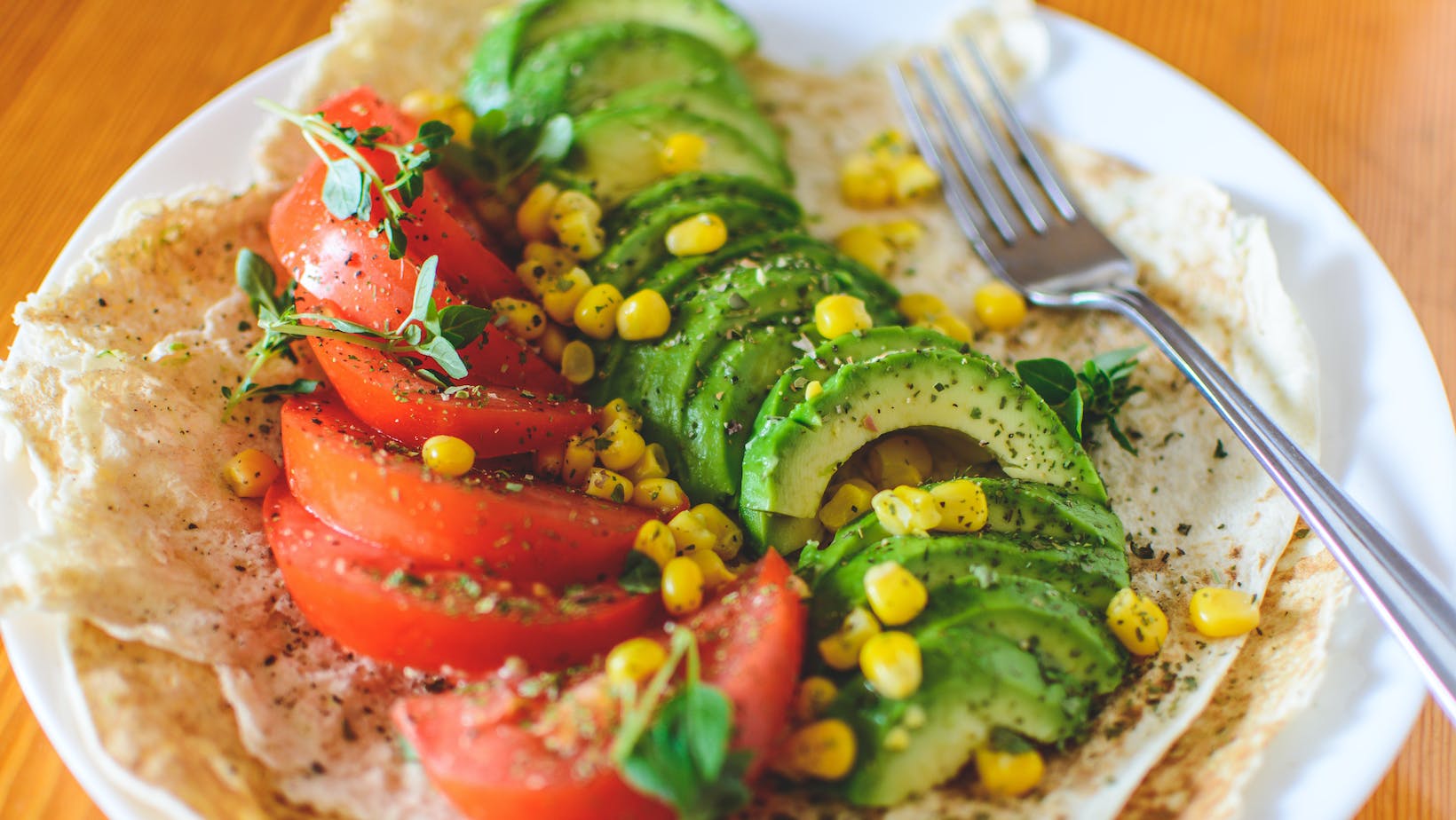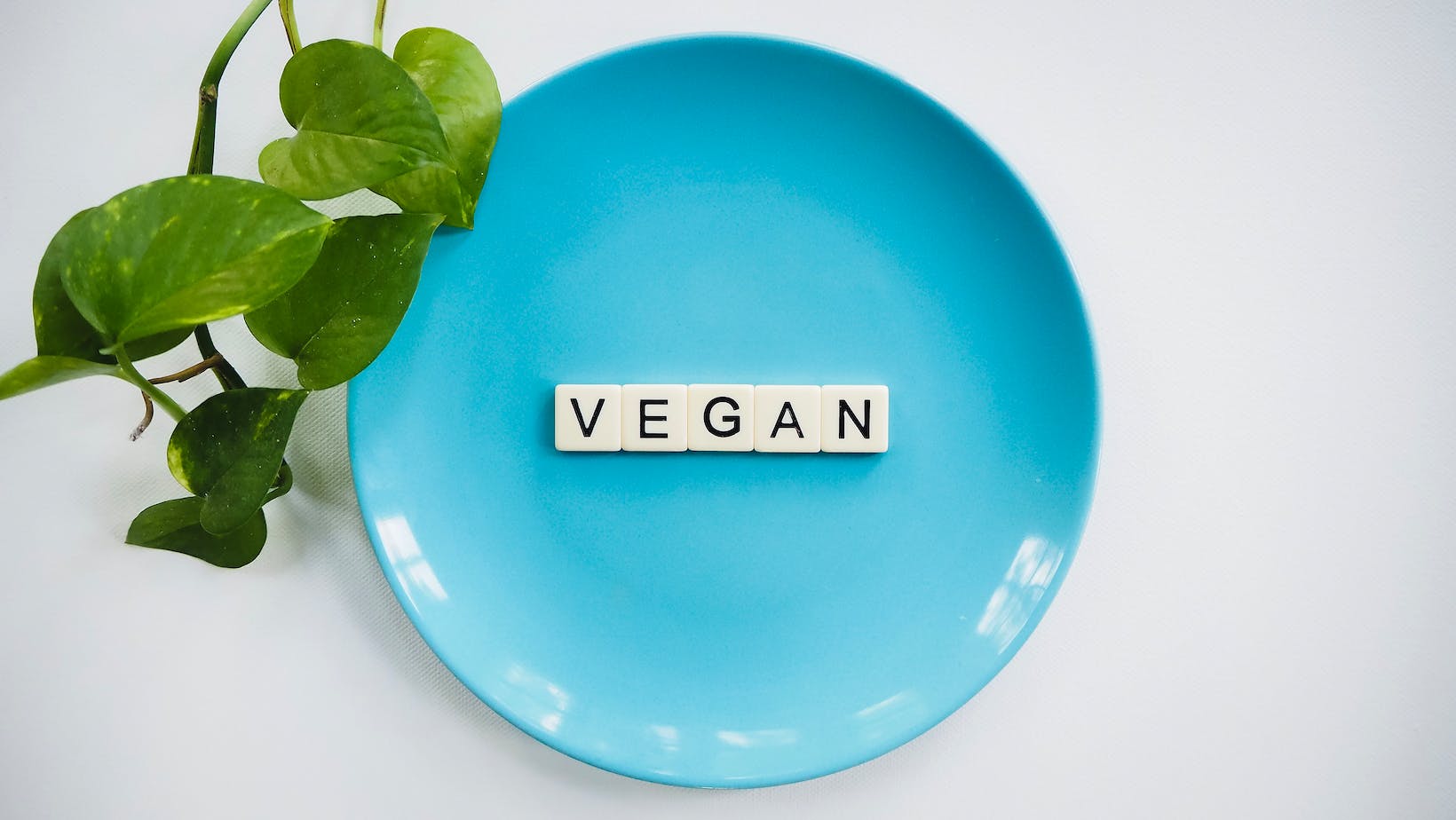Vegan And Gluten Free Dessert Recipes
Incorporating vegan and gluten free ingredients into dessert recipes can offer a range of health benefits. These desserts are packed with nutrient-dense ingredients that provide essential vitamins, minerals, and antioxidants. Here are a few key ingredients commonly used in vegan and gluten free desserts:
- Almonds: Almonds are a great source of healthy fats, protein, and fiber. They are also rich in vitamin E, magnesium, and antioxidants, which can help reduce inflammation and protect against heart disease.
- Chia Seeds: Chia seeds are packed with omega-3 fatty acids, fiber, protein, and various minerals. They are also a great source of antioxidants and can help improve digestion, lower cholesterol levels, and support heart health.
- Coconut: Coconut is a versatile ingredient widely used in vegan and gluten free desserts. It contains medium-chain triglycerides (MCTs) that can boost metabolism, promote weight loss, and improve brain function. Additionally, coconut is rich in fiber and manganese, which supports bone health.
- Cacao: Cacao is the purest form of chocolate and is widely used in vegan and gluten free dessert recipes. It is loaded with antioxidants, iron, magnesium, and flavonoids, which can improve mood, enhance cognitive function, and provide cardiovascular benefits.
Reducing Inflammation with Vegan and Gluten Free Desserts
Chronic inflammation is a common factor in many health conditions, including autoimmune disorders and cardiovascular diseases. Vegan and gluten free desserts can play a role in reducing inflammation due to their nutrient-rich ingredients. Here’s how:
- Antioxidants: Vegan and gluten free desserts are often made with ingredients rich in antioxidants, such as fruits, nuts, and dark chocolate. Antioxidants help neutralize free radicals in the body, reducing oxidative stress and inflammation.
- Fiber: Many vegan and gluten free desserts are packed with fiber, which has been shown to have anti-inflammatory effects. Fiber promotes healthy digestion, regulates blood sugar levels, and supports a healthy gut microbiome, all of which can help reduce inflammation.
- Healthy Fats: Vegan and gluten free desserts often incorporate sources of healthy fats, such as nuts, seeds, and avocados. These fats, including omega-3 fatty acids, can help reduce inflammation and support brain health.
Incorporating vegan and gluten free dessert recipes into your diet can provide numerous health benefits. By using nutrient-dense ingredients and reducing inflammation, these desserts can be a delicious and guilt-free way to satisfy your sweet tooth.
Tips for Baking Vegan and Gluten Free Desserts
When it comes to baking vegan and gluten-free desserts, choosing the right flour alternatives is crucial. Here are some options to consider:
- Almond flour: This nutritious and delicious option is high in protein, healthy fats, and Vitamin E.
- Coconut flour: Made from dried coconut meat, coconut flour is rich in fiber, iron, and healthy fats.
- Quinoa flour: Extracted from the nutrient-packed quinoa grain, this flour is high in protein, fiber, and essential amino acids.
- Brown rice flour: A gluten-free alternative that provides a slightly nutty flavor and works well in various dessert recipes.
- Oat flour: Made from ground oats, oat flour is not only gluten-free but also adds a pleasant texture to your baked goods.
Using Natural Sweeteners in Vegan and Gluten-Free Desserts
Sweetening your vegan and gluten-free desserts without refined sugar is not only healthier but also adds unique flavor profiles. Here are some natural sweeteners to try:
- Maple syrup: With its rich, caramel-like taste, maple syrup is a popular choice among many bakers. It also contains minerals such as calcium, iron, and zinc.
- Medjool dates: These sweet and sticky fruits can be blended into a puree and used as a natural sweetener in desserts. They are a good source of fiber and contain potassium and magnesium.
- Coconut sugar: Made from the sap of coconut palm blossoms, coconut sugar has a subtle, caramel-like flavor. It also offers small amounts of vitamins and minerals.

Conclusion
In this article, we have explored various tips and tricks for baking delicious vegan and gluten-free desserts. By choosing the right flour alternatives, such as almond flour, coconut flour, quinoa flour, brown rice flour, and oat flour, you can create desserts with unique tastes and textures. Additionally, using natural sweeteners like maple syrup, Medjool dates, and coconut sugar allows you to sweeten your treats without relying on refined sugar.
Remember to experiment with different recipes and adjust the quantities of natural sweeteners to find your perfect balance of sweetness. Vegan and gluten-free desserts not only cater to dietary restrictions but also offer numerous health benefits. By incorporating these desserts into your lifestyle, you can enjoy guilt-free indulgence while nourishing your body with wholesome ingredients.
Bob Duncan is the lead writer and partner on ConversationsWithBianca.com. A passionate parent, he’s always excited to dive into the conversation about anything from parenting, food & drink, travel, to gifts & more!

